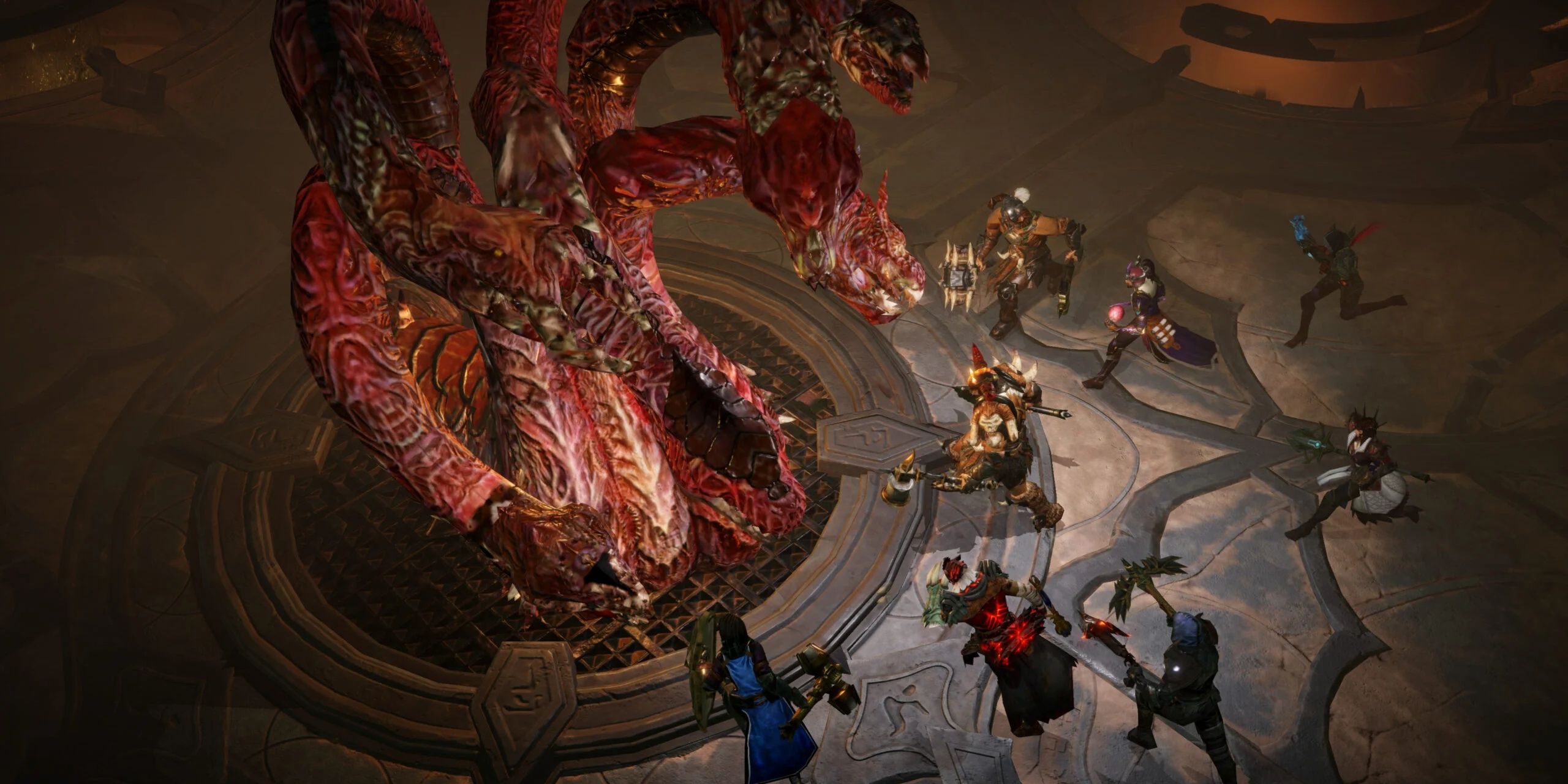Mobile Gaming has long been both setup and punchline. Despite a promising start during its inception, it’s since become a quagmire of shovelware—time-waster skinner-boxes stuffed with ads and lootboxes. You won’t find any better example of the depths freemium gaming can sink to than this marketplace.
Such a reputation, combined with technical issues, has created a barrier between console and mobile gaming. Sure, AAA console developers will make games for mobile (to some decidedly unfortunate results) but big IPs don’t tend to get ports. However, recently there’s been some efforts to get more titles ported to mobile—including upcoming ports of Hitman: Blood Money and Resident Evil Village. It’s a strange gambit, considering these games aren’t targeted for a mobile audience, but they could get some console gamers interested in the market now that powerhouses are recognizing it. Will AAA games on phones and iPads give mobile gaming enough credibility to bring in a new audience?
There is some history of AAA console ports on mobile, to varying success. There are some well-liked GTA ports, and series like Minecraft or Mario that aren’t as graphically intensive have made the jump to phone screens with decent success, but there are many more that haven’t been so well-liked. Assassin’s Creed Identity, Metal Gear Solid Touch, Resident Evil 4 Mobile, and more all received mixed to negative reviews. It’s actually hard to dig up examples as full-on ports, as they’re pretty rare, and even some of the games I’ve listed completely change up the genre to accommodate small screens (MGS Touch is just a shooting gallery, for instance). Shifts to more barebone, disconnected gameplay is likely why reveals for titles such as Diablo: Immortal or Invincible: Guarding the Globe were received with eye-rolls and sighs.
The issues with putting console games on mobile are evident and many. Not only are there far stricter constraints on size and specs, but the control scheme is only accessible through the screen. This means that the options for gameplay have to be skimmed down to avoid clogging up the visuals with UI, which lends to simplification. I’d wager that’s what sunk Apex Legends Mobile earlier this year; all the exclusive skins and characters won’t make up for a clunkier experience.
This is where streaming comes in, which has popularized phone-based controllers and playing console games on your phone (something Sony is now trying to replicate with a doohickey, for some reason). It’s obvious, given the success of portable consoles, that taking big-budget games to a handheld medium would be popular, so the success of streaming makes sense. The alleviation of storage requirements combined with the increased likelihood of a controller being required has made it a viable way to answer the issues of getting big games on mobile. While this is different when compared to games being directly on mobile, it’s still a backdoor to legitimacy. It has gotten gamers more interested in playing on their phones, which could have the knock-on effect of getting them more interested in the market.
Herein, however, lies the rub. The biggest thing holding the mobile industry back from attracting a new audience or doing new things with the medium is the microtransaction hellscape it’s known for. It’s the blueprint for every greed-fuelled trick in the book; the origin of every controversial money move in gaming. There are lootboxes stocked like a casino, more timers than game-time, collections of currencies so confounding that you’d need a degree in economics to understand them, and so on. Sure, console and PC gaming have similar cesspools (such as Steam’s marketplace or the Switch eShop), but none of them have such a compunction for penny-pinching.
However, given the oversaturation of freemium experiences on mobile (a trend that’s extending to other platforms), it should make the big ports stand out all the more. They definitely have a chance to succeed—even something like Apex Mobile did for a time—and the hype drummed up by bringing bigger and bigger games to mobile will definitely bring in some mainstream gamers. The question is whether isolated successes can inspire an effort to do away with laissez-faire regulation, ensuring more quality titles that get people to stick around.
I know that quality titles haven’t cleaned up other marketplaces, but there’s a great deal of untapped opportunity on mobile. I love Plants Vs Zombies 2 (no matter how much PopCap conspires to ruin it) and I’m sure we’ve all had good times with games like Angry Birds or Temple Run. I really want to see the medium flourish and release its own masterworks like what we’ve seen from the rest of gaming.


